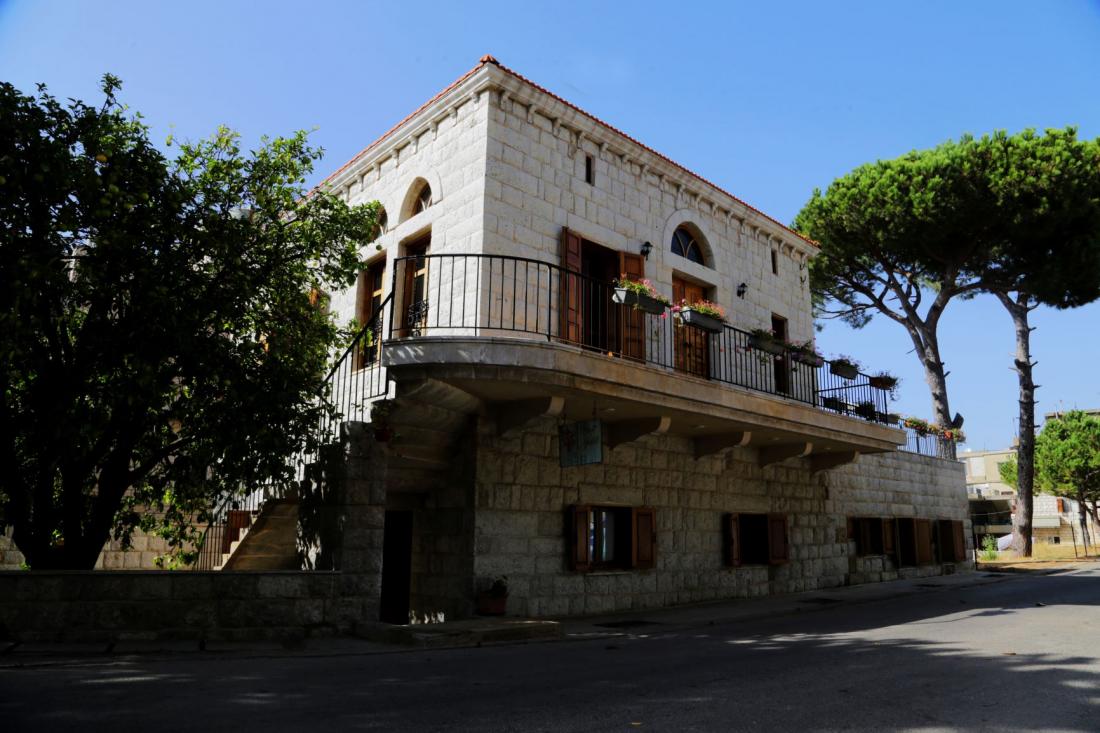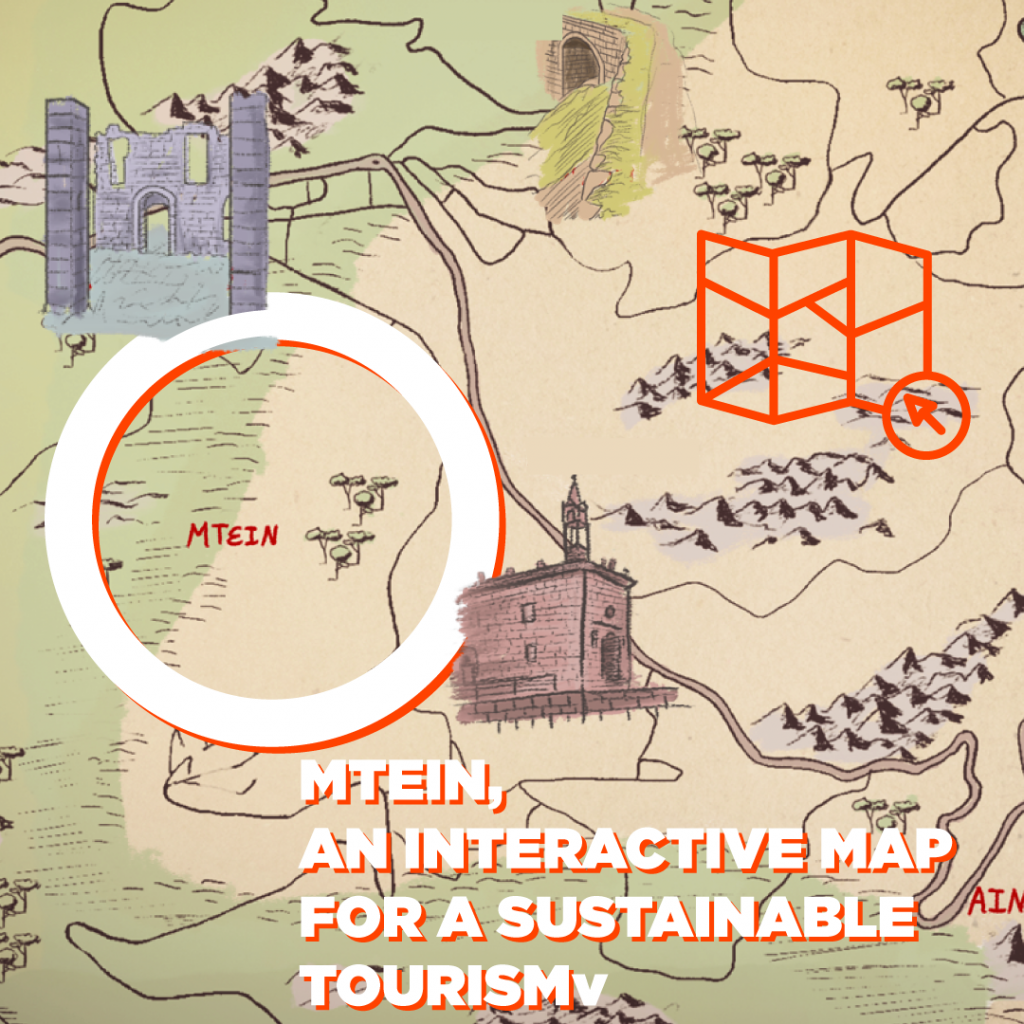RESTARTMED! Interviews Boukra, a Heritage & Sustainability NGO leaded by women in Lebanon

What is Boukra and what is your relationship with RESTART MED! project?
Boukra is a young, women-led NGO operating in the field of Heritage & Sustainability. We created and run “Beit Jeddé”, a sustainable tourism project in the village of Mtein (located in the Matn district of Lebanon). Beit Jeddé is a multifaceted project that includes a guesthouse, a community center, a local producers support initiative as well as heritage awareness activities, aimed both at locals and visitors.
Our project under RESTART MED! is the production and promotion of an interactive “Sustainability Map” of Mtein that will increase its visibility among local and international tourists. In the long term, increased visitor flows will benefit the local community and encourage the development of local sustainability initiatives, as well as the preservation of Mtein’s rich cultural heritage.
What do you think are the sustainable tourism challenges faced in Lebanon? How are you addressing these challenges?
Sustainable tourism is still a relatively new concept in Lebanon, so a lot of awareness-raising is needed both with local communities and with potential customers about the need to protect our cultural and natural heritage.
Beit Jeddé already implemented a recycling and environmental awareness-raising campaign in Mtein. Through the project funded by RESTART MED! we are now working on increasing the visibility of Mtein as a sustainable tourism destination by publishing an interactive map that highlights all the heritage sites and sustainable initiatives in the village. The attractive and interactive design of the map, created by Robin F. Eid -a multi award-winning producer/director/writer- will help us promote the idea of sustainable tourism in an innovative and playful way.
Another challenge is that oftentimes local communities do not benefit from tourism projects. At Beit Jeddé, our priority has always been to create bonds with local stakeholders. We work exclusively with a network of local producers, artisans, and other actors involved in the tourism sector like local guides, wineries, guesthouses, etc.
What is the impact of RESTART MED! in Lebanon?
RESTART MED! is providing valuable training on sustainable tourism that will help spread knowledge and good practices among industry actors. Also, by funding selected projects, the program helps to shed light on lesser-known places and hopefully reattract tourists to the country.
What is the long-lasting effect that your project has on its community?
By increasing the visibility of Mtein among local and international tourists, the project will benefit multiple stakeholders while taking into account all three pillars of sustainability (social, cultural, and environmental).
Local producers (farmers, bakers, dairy and mouneh producers) and artisans, local guides, and the local hospitality sector will all benefit from increased visibility and an increased number of visitors, which will allow them to develop their activities and increase their revenues. The project also has the potential to encourage future projects such as small business creation by villagers (shops, services, etc.)
The map will also shed light on historical landmarks which are in dire need of conservation and restoration and is therefore likely to attract funding from private or public donors. It will also highlight local forms of craftmanship and skills that are at risk of being lost if not transmitted to younger generations.
Finally, on the environmental front, the project will benefit the nature reserve of Mtein (‘Horsh El Dayaa’) by encouraging the development of new trails and activities. It will also support initiatives like Beit Jeddé which is a “green guesthouse” and implements practices such as recycling, upcycling, and the use of solar energy.
How do you see the future of your company and how will it evolve over time?
Beit Jeddé and Boukra will continue to work hard to promote sustainable tourism in Mtein and to empower the local community. Our hope for the future is that we will be able to replicate what we do in Mtein in other areas of Lebanon, thereby creating and developing a platform for sustainable tourism destinations around the country.








